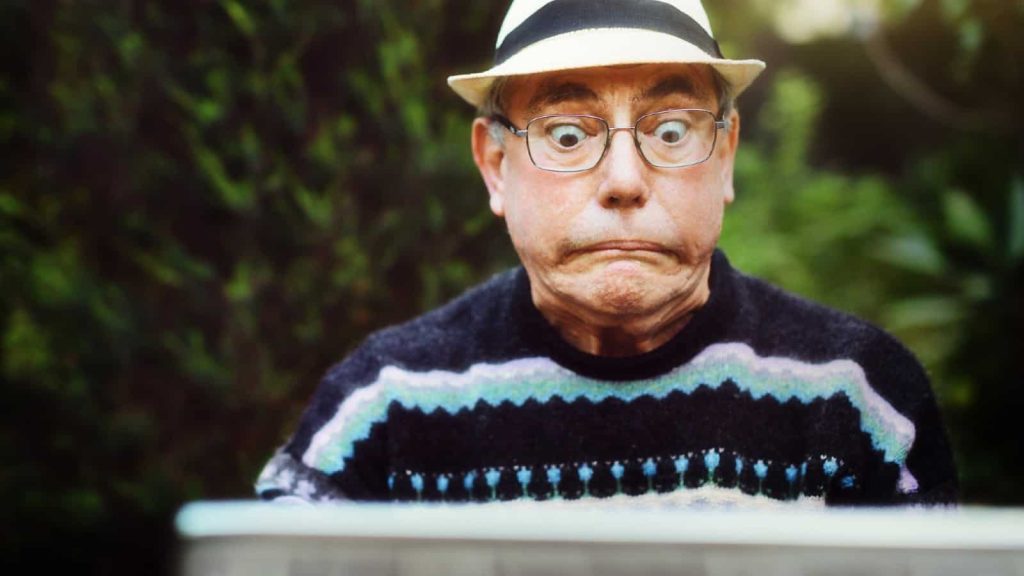Down 50%! Thank goodness I didn’t invest £10k in this UK share 5 years ago – but should I buy today?


Every investor has a ‘UK share that got away’ story. Thousands no doubt look at soaring winners like Rolls-Royce and kick themselves. But there are also shares we nearly bought and wisely resisted, dodging a bullet.
We tend to forget about those, but here’s one FTSE 100 stock I considered buying four or five years ago that Iâm thrilled I didnât: Croda International (LSE: CRDA). It’s taken a real beating since.
Croda makes speciality chemicals used in beauty, agriculture and life sciences. Over five years itâs been the UK’s worst performing blue-chip, plunging 52%. And it’s still falling, down 20% in the last year.
The share price has suffered
The collapse happened for a couple of reasons. During the pandemic Croda saw a boom in demand, notably for lipids used in pharmaceuticals, and crop chemicals as soy-bean prices jumped. Many customers were stocking up, just in case, but as lockdown eased, they found themselves with more product than they needed. As a result, demand plunged.
That means customers have spent several years working through their inventories. Croda’s, first-half results, published on 29 July, didnât suggest a business firing on all cylinders. Sales rose 4.9% to £856m but operating profit declined 17.5â% to £94.4m as the business âcontinues to navigate a challenging environmentâ.
The board’s now targeting £100m of annualised savings by end 2027 as it looks to kick the company back into life.
Worst FTSE 100 stock – or best opportunity?
As a rule, I target stocks that are out of favour, as that way I can buy them at a bargain price. Croda’s definitely that. And there are reasons why this stock might recover.
Those inventories must be used up by now, surely. There are signs of growing demand, with Croda showing volume growth again. Its cost-saving drive could boost margins, as the board simplifies and modernises.
Yet the shares are more expensive than I anticipated, with a price-to-earnings ratio of just over 21. That’s above the FTSE 100 average of 18. I expected it to be cheaper, given recent events.
Croda has a fabulous track record of increasing shareholder payout every year for the last 34 years, so investors may assume that will continue. The forecast dividend yield is 3.7% but it’s only covered 1.3 times by earnings. It’s probably safe, Croda won’t want to lose its proud record, but we can’t say for sure.
Recovery potential
Consensus analysts’ one-year share-price forecasts point to a median target of 3,280p. If that’s correct, it suggests a modest 12-month increase of around 9.8% from today’s 2,989p. Thatâs okay, but not spectacular.
Croda’s likely to prove a much better pick than five years ago. It’s closer to the bottom of its cycle than the top, so there’s recovery potential here. I think Croda’s worth considering, but investors should do their own research and accept the business may still need more a bit time to put itself right.
The post Down 50%! Thank goodness I didnât invest £10k in this UK share 5 years ago â but should I buy today? appeared first on The Motley Fool UK.
Should you invest £1,000 in Croda International plc right now?
When investing expert Mark Rogers has a stock tip, it can pay to listen. After all, the flagship Motley Fool Share Advisor newsletter he has run for nearly a decade has provided thousands of paying members with top stock recommendations from the UK and US markets.
And right now, Mark thinks there are 6 standout stocks that investors should consider buying. Want to see if Croda International plc made the list?
More reading
Harvey Jones has positions in Rolls-Royce Plc. The Motley Fool UK has recommended Croda International Plc and Rolls-Royce Plc. Views expressed on the companies mentioned in this article are those of the writer and therefore may differ from the official recommendations we make in our subscription services such as Share Advisor, Hidden Winners and Pro. Here at The Motley Fool we believe that considering a diverse range of insights makes us better investors.





